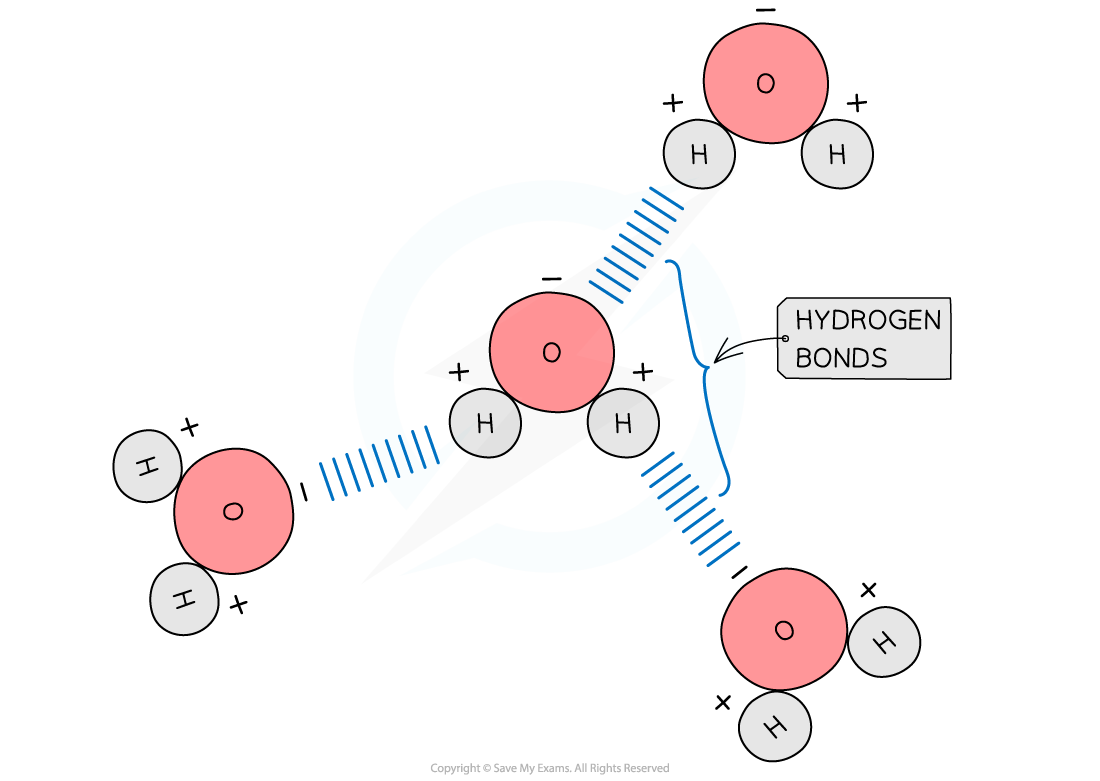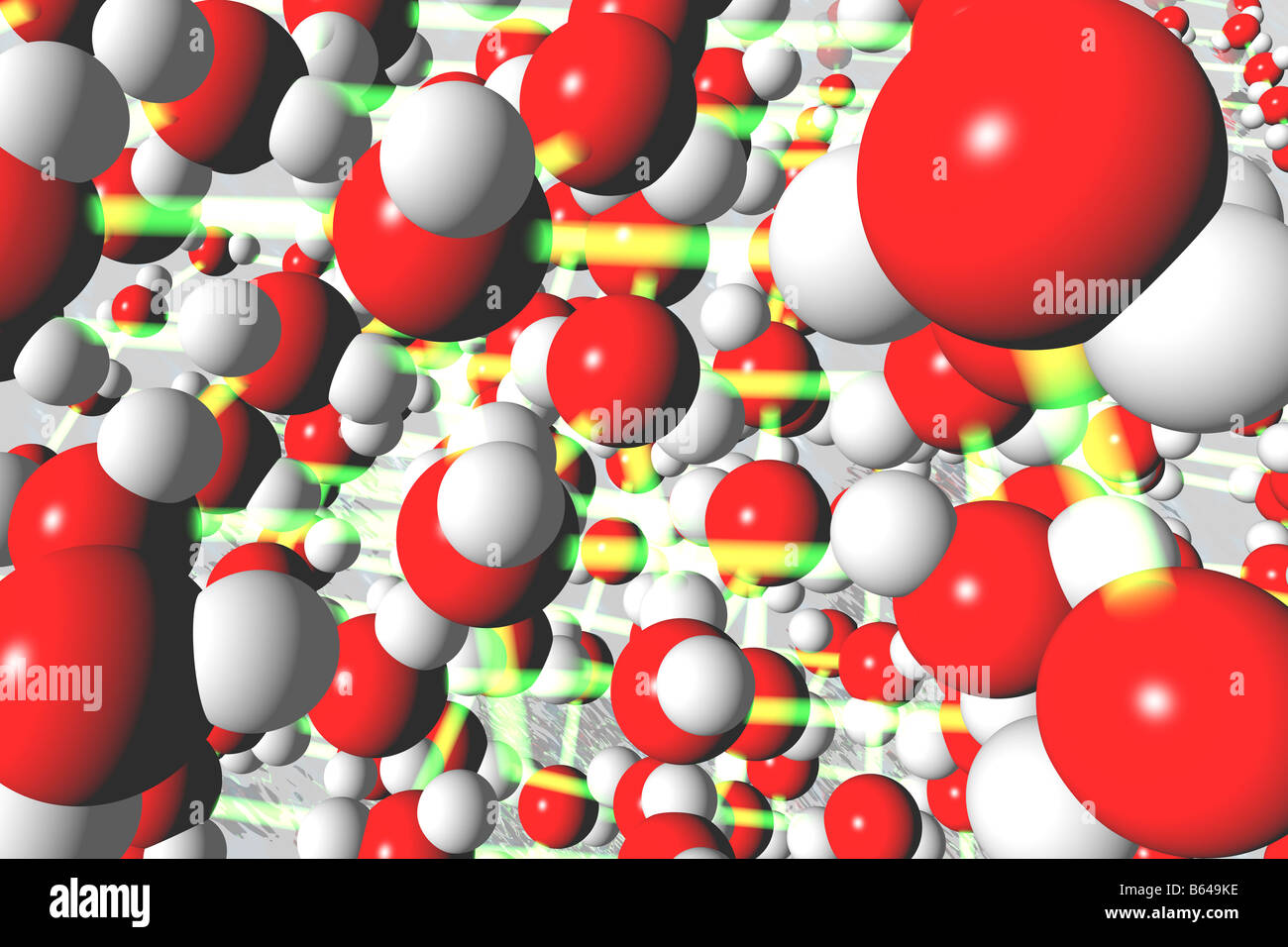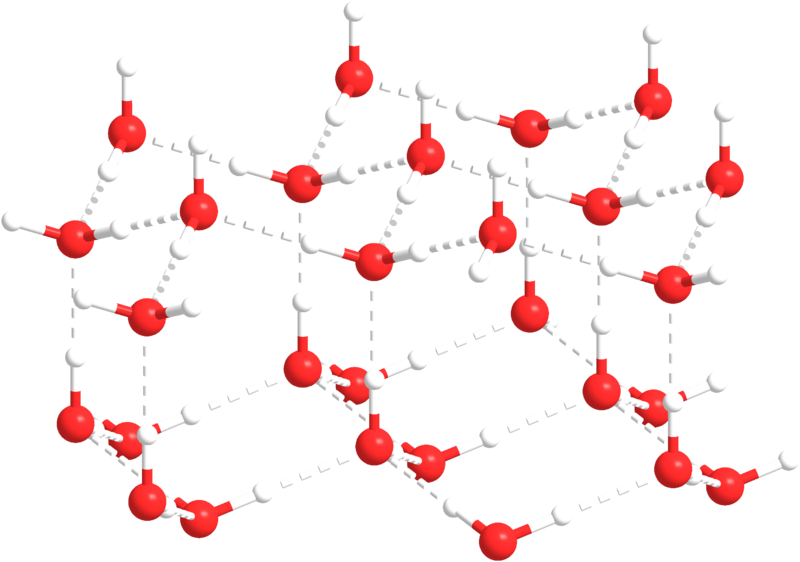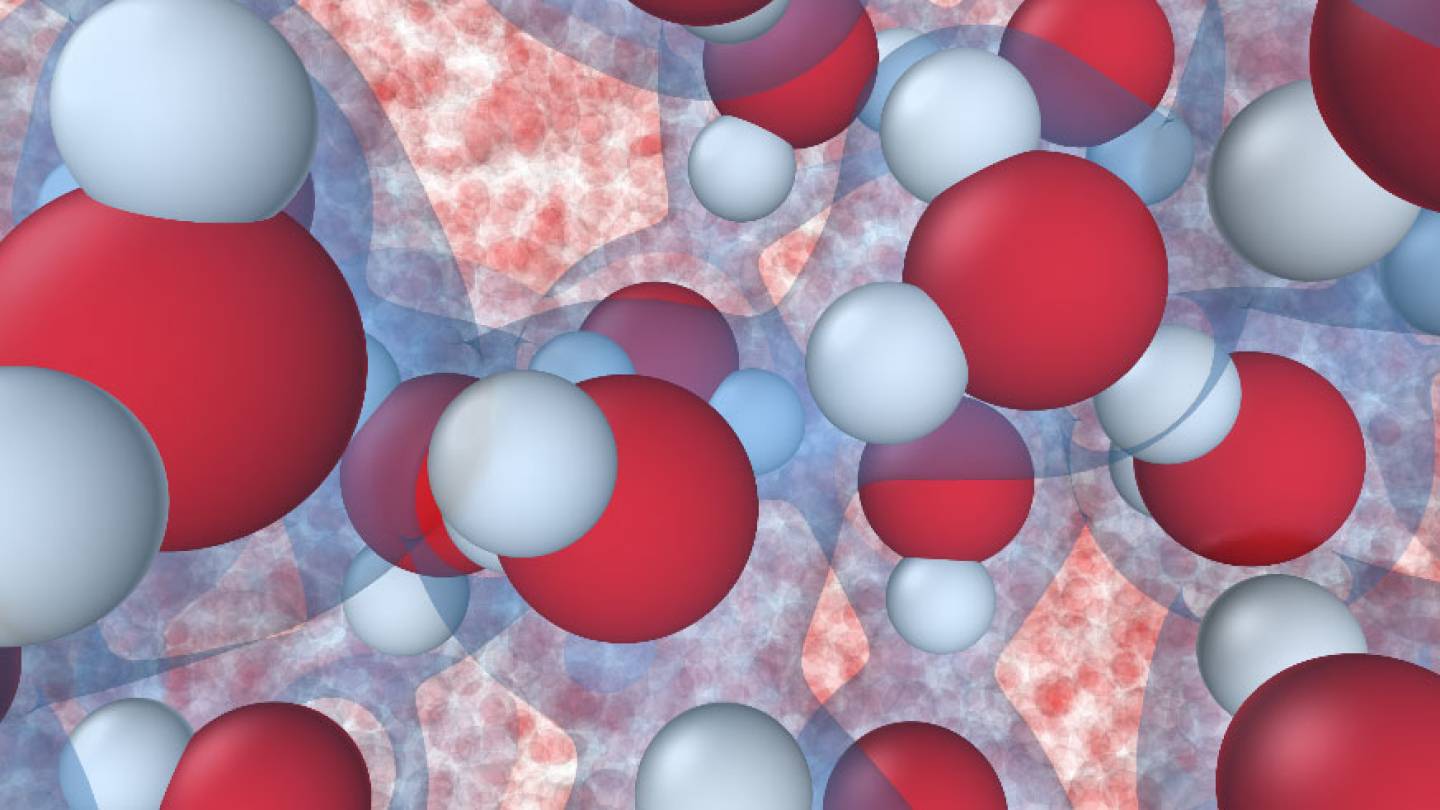When Water Molecules Form Into Ice
When Water Molecules Form Into Ice - What are water molecules called? In ice, the hydrogen bonds hold water molecules in a fixed structure, making it solid. When ice melts into water, it’s all about the hydrogen bonds. These eventually become able to support plant life, and so water. When water freezes in small cracks in a rock, the greater volume of the ice can split the rock into smaller pieces. The medical name for water is h2o. As the ice warms up, the energy from the. When water molecules form into ice, the water molecules pack less densely. At 0°c, the molecules become locked into a crystalline. The correct answer is b.
As the ice warms up, the energy from the. When ice forms, the hydrogen bonds are farther apart than in liquid water, allowing the ice to form an organized crystal structure and float. Ice is less dense than liquid water and so it floats. When water molecules form into ice, the water molecules pack less densely. When water freezes in small cracks in a rock, the greater volume of the ice can split the rock into smaller pieces. What are water molecules called? When ice melts into water, it’s all about the hydrogen bonds. These eventually become able to support plant life, and so water. In ice, the hydrogen bonds hold water molecules in a fixed structure, making it solid. The correct answer is b.
At 0°c, the molecules become locked into a crystalline. When water molecules form into ice, the water molecules pack less densely. The correct answer is b. The medical name for water is h2o. What are water molecules called? When ice forms, the hydrogen bonds are farther apart than in liquid water, allowing the ice to form an organized crystal structure and float. As the ice warms up, the energy from the. When water freezes in small cracks in a rock, the greater volume of the ice can split the rock into smaller pieces. Ice is less dense than liquid water and so it floats. In ice, the hydrogen bonds hold water molecules in a fixed structure, making it solid.
Molecules • Matter • Physics Fox
Ice is less dense than liquid water and so it floats. The correct answer is b. When ice melts into water, it’s all about the hydrogen bonds. When ice forms, the hydrogen bonds are farther apart than in liquid water, allowing the ice to form an organized crystal structure and float. In ice, the hydrogen bonds hold water molecules in.
IB DP Biology SL复习笔记2.1.3 Hydrogen Bonds翰林国际教育
When ice melts into water, it’s all about the hydrogen bonds. The correct answer is b. When ice forms, the hydrogen bonds are farther apart than in liquid water, allowing the ice to form an organized crystal structure and float. When water molecules form into ice, the water molecules pack less densely. What are water molecules called?
How does water turn into ice? Scientists simulated the initial steps of
As the ice warms up, the energy from the. The medical name for water is h2o. Ice is less dense than liquid water and so it floats. When water molecules form into ice, the water molecules pack less densely. These eventually become able to support plant life, and so water.
Concept of water molecules in ice Stock Photo Alamy
When water molecules form into ice, the water molecules pack less densely. The medical name for water is h2o. In ice, the hydrogen bonds hold water molecules in a fixed structure, making it solid. The correct answer is b. When water freezes in small cracks in a rock, the greater volume of the ice can split the rock into smaller.
3D molecular visualisation Water turning into ice YouTube
These eventually become able to support plant life, and so water. The medical name for water is h2o. The correct answer is b. When water molecules form into ice, the water molecules pack less densely. When water freezes in small cracks in a rock, the greater volume of the ice can split the rock into smaller pieces.
Specific Heat of Ice In Various Units, vs. Water, Ice's Thermal
When ice melts into water, it’s all about the hydrogen bonds. Ice is less dense than liquid water and so it floats. At 0°c, the molecules become locked into a crystalline. When water freezes in small cracks in a rock, the greater volume of the ice can split the rock into smaller pieces. When water molecules form into ice, the.
5.1 Properties of Water Geosciences LibreTexts
The correct answer is b. When water freezes in small cracks in a rock, the greater volume of the ice can split the rock into smaller pieces. Ice is less dense than liquid water and so it floats. What are water molecules called? The medical name for water is h2o.
How water turns into ice — with quantum accuracy
The medical name for water is h2o. When water freezes in small cracks in a rock, the greater volume of the ice can split the rock into smaller pieces. At 0°c, the molecules become locked into a crystalline. Ice is less dense than liquid water and so it floats. These eventually become able to support plant life, and so water.
Structure of water and ice Biology Forums Gallery Hydrogen bond
When ice forms, the hydrogen bonds are farther apart than in liquid water, allowing the ice to form an organized crystal structure and float. These eventually become able to support plant life, and so water. When water molecules form into ice, the water molecules pack less densely. What are water molecules called? As the ice warms up, the energy from.
Water Expansion When Freezing Science Facts Water molecule
As the ice warms up, the energy from the. When water molecules form into ice, the water molecules pack less densely. When ice melts into water, it’s all about the hydrogen bonds. The medical name for water is h2o. Ice is less dense than liquid water and so it floats.
When Ice Melts Into Water, It’s All About The Hydrogen Bonds.
As the ice warms up, the energy from the. The correct answer is b. In ice, the hydrogen bonds hold water molecules in a fixed structure, making it solid. When water molecules form into ice, the water molecules pack less densely.
What Are Water Molecules Called?
When water freezes in small cracks in a rock, the greater volume of the ice can split the rock into smaller pieces. Ice is less dense than liquid water and so it floats. These eventually become able to support plant life, and so water. At 0°c, the molecules become locked into a crystalline.
When Ice Forms, The Hydrogen Bonds Are Farther Apart Than In Liquid Water, Allowing The Ice To Form An Organized Crystal Structure And Float.
The medical name for water is h2o.









